Water wastage in RO (reverse osmosis) is one of the most discussed problems among water purification system designers and users. With so much time, effort, and money invested in purifying the water for industrial purposes, losing over 30 percent is upsetting, to say the least.
Topics: Reverse Osmosis, Commercial RO System
How To Improve Industrial Water Quality With A Reverse Osmosis System
Installing an industrial reverse osmosis (RO) system provides your company with a good solution for large-scale water purification. Reverse Osmosis is very effective at removing small waterborne contaminants and aqueous salts that may evade other filtration processes. These contaminants, if left in the water, may compromise the quality of the process water.
Topics: Reverse Osmosis
8 Steps To Getting The Most Out Of An Industrial RO System
Installing the best industrial reverse osmosis (RO) system in your company is one thing and getting the best out of it is another! Here is more information to help you maximise efficiency.
Topics: Reverse Osmosis
Reverse osmosis uses a semi-permeable membrane that contains very tiny pores that allows water to flow through. These pores do not allow natural minerals, salts and other organic compounds whose molecule compounds are larger than water to pass through. Therefore, reverse osmosis (RO) is no doubt an effective way of removing many impurities from water. Such impurities include lead, asbestos, dissolved organics, radium and other deadly heavy metals. Reverse osmosis also removes heavyweight volatile organic compounds (VOCs) and chlorinated pesticides.
Topics: Reverse Osmosis
Commercial reverse industrial systems have been gaining popularity in industry because they produce impressive results in water purity without the frequent use of chemicals. Thanks to modern technology, commercial reverse systems are now capable of eliminating more than 99 percent of contaminants from industrial water.
Apart from making desalination possible, reverse osmosis is also a reliable process used to treat any kind of process water, recycle water, and remove most impurities from discharge water used by production industries. Desalination is necessary for industries that use seawater as a coolant, removing minerals such as salt from water to make it pure and safe for process use. Otherwise, the contaminants present in unpurified water might contaminate the products that your company produces, or damage sensitive equipment.
Topics: Reverse Osmosis
Why Reverse Osmosis Water Treatment Systems Fail And How To Ensure Yours Doesn't
Reverse osmosis systems are used in many facilities that need a non-chemical means of purifying their water. These efficient systems employ semi-permeable membranes to filter out contaminants. RO systems can also remove organic contaminants and bacteria, as well as larger-sized viruses, thanks to the physical barrier the membrane provides.
However, just like any other system, reverse osmosis water treatment systems can and do fail. The failure of an RO system can occur for a number of reasons, but each type of failure is completely preventable.
Topics: Reverse Osmosis
The Labstar RO range is a compact reverse osmosis system which provides 98 to 99% total solids rejection. They are suitable for a wide range of manufacturing businesses. Reverse osmosis is an ideal water purification solution for many facilities, able to produce water that’s nearly 100% pure with dramatically reduced TDS levels.
The Labstar RO range is capable of handling high feed water flows through their membranes and can operate effectively at low water pressures, saving you energy costs.
Topics: Reverse Osmosis, Product Spotlight
What Is Industrial Reverse Osmosis And Can It Help Improve Your Water Quality?
Getting the right standard of manufacturing water you need for your facility is possible using industrial reverse osmosis (RO). This is very effective at removing a number of contaminants in water, and is a very simple process at its core. However, there are also guidelines which must be followed to ensure that the system continues to work correctly.
Topics: Reverse Osmosis
How Does Industrial Reverse Osmosis Work And What Are The Benefits?
Reverse osmosis (RO) systems are being increasingly used by many industries with impressive results. Modern technology has made industrial RO systems capable of removing over 99% of certain contaminants. But how does reverse osmosis work?
Topics: Reverse Osmosis
How Much Water Does A Reverse Osmosis System Waste And What's A Good Alternative?
In order to ensure that your facility runs smoothly, you need to know that your water treatment system is running as efficiently as possible. If recent changes to policy are demanding a better water footprint, you may be wondering whether the reverse osmosis (RO) system you’re currently using is helping your facility meet these objectives. This article will look at water wastage with RO systems, as compared to alternative solutions.
Topics: Reverse Osmosis






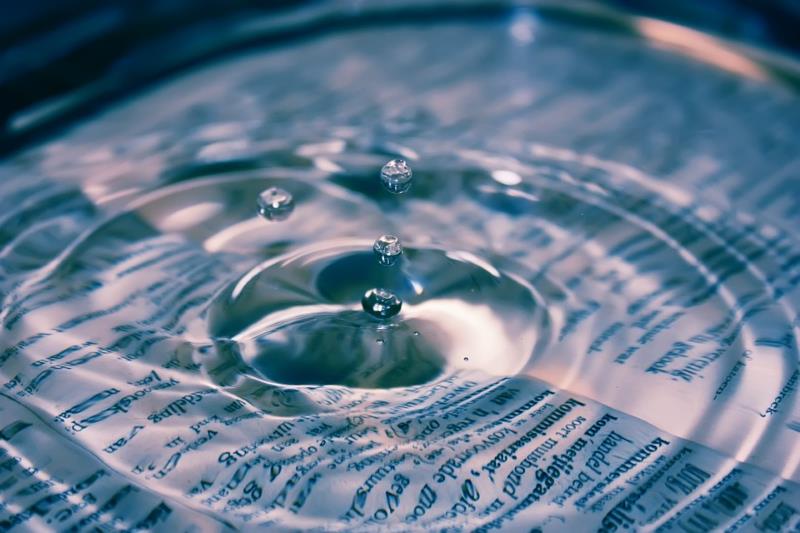

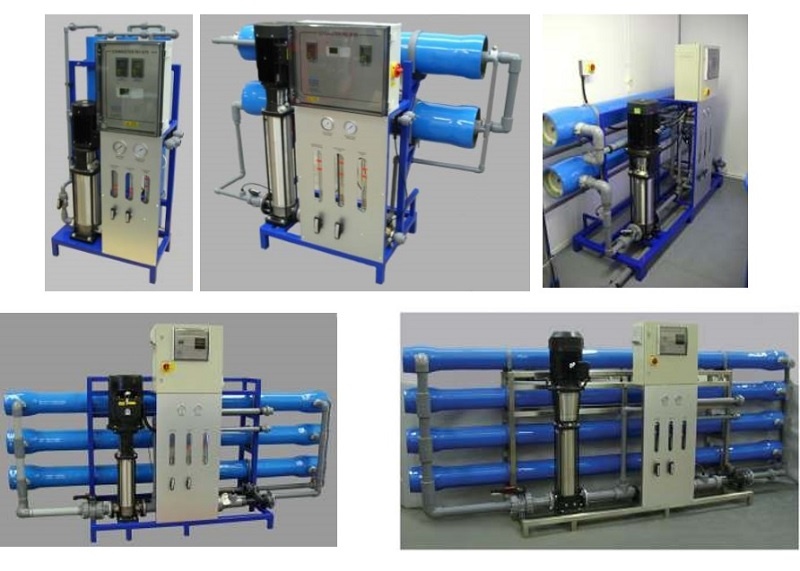

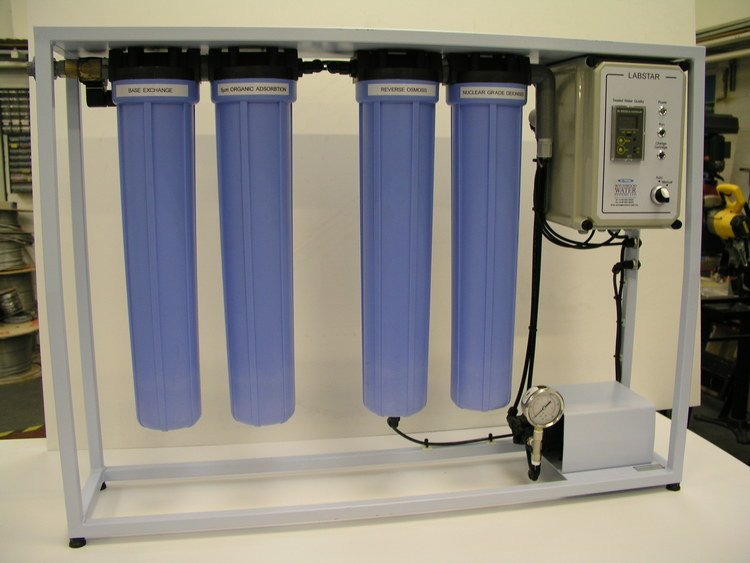
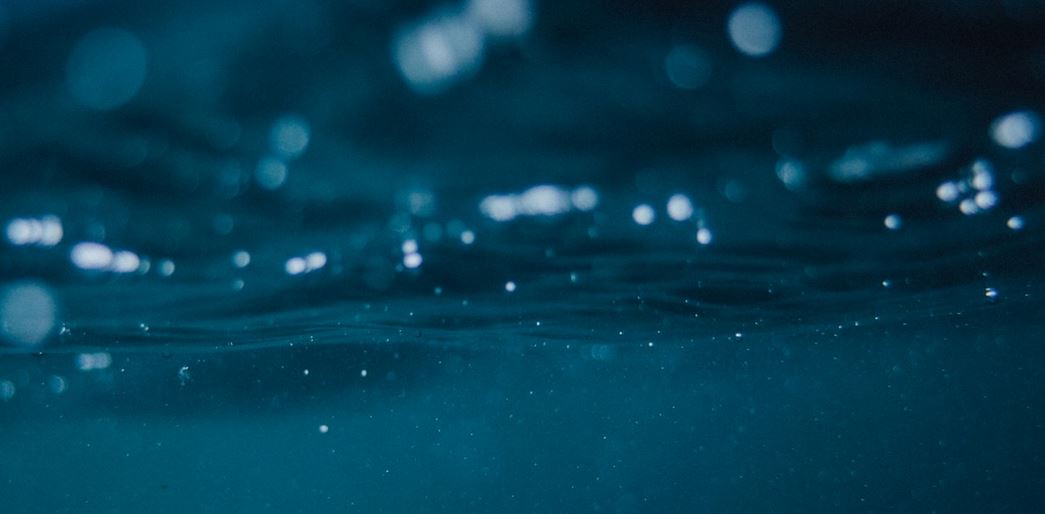
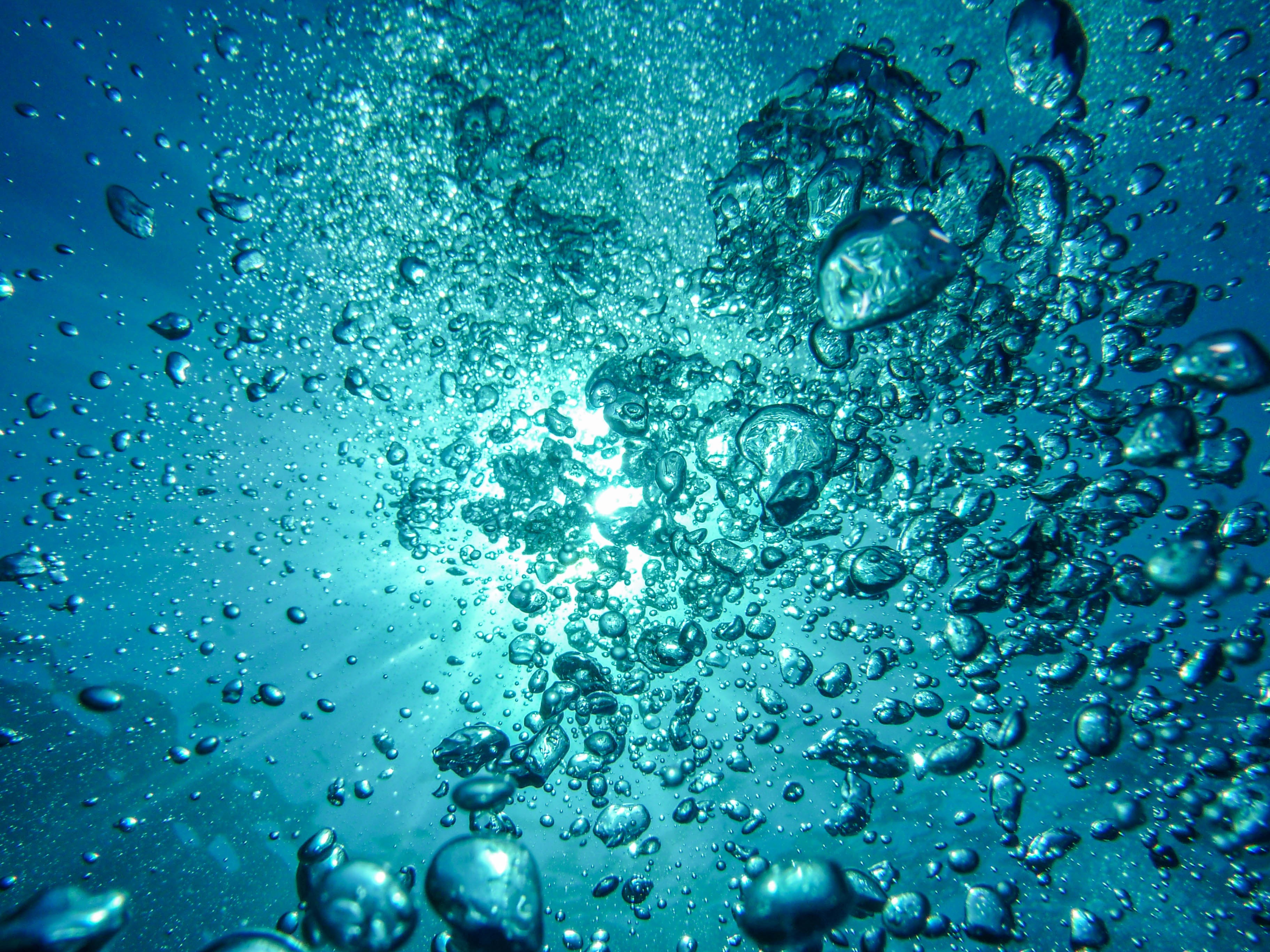

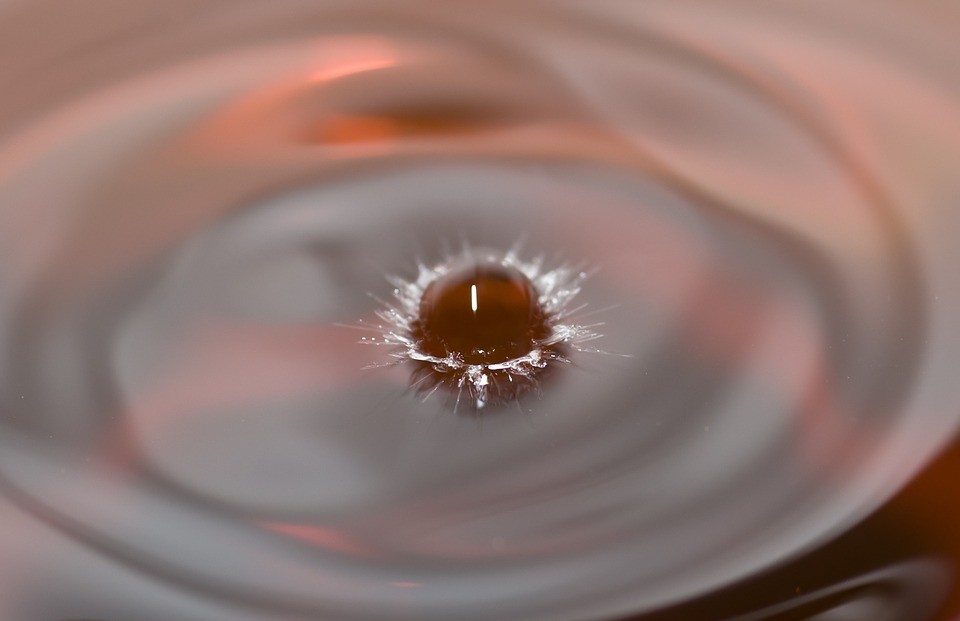

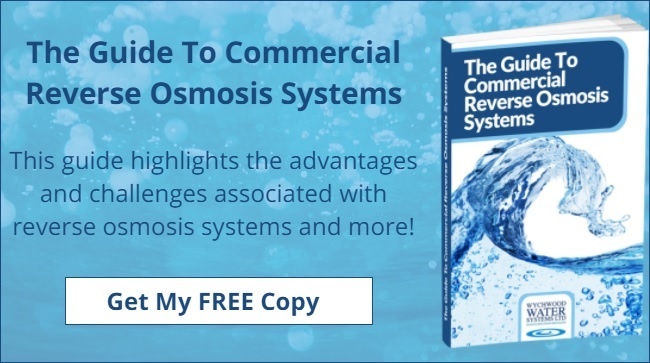

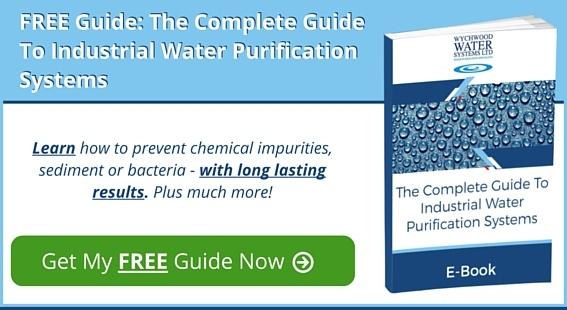
 We are a specialist independent company involved in water purification and water treatment technologies
We are a specialist independent company involved in water purification and water treatment technologies


